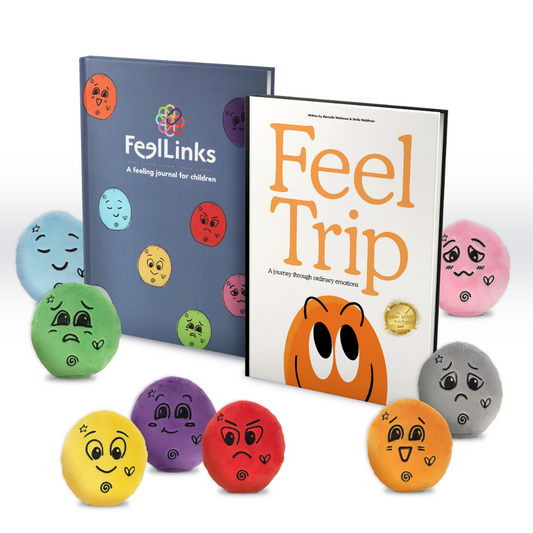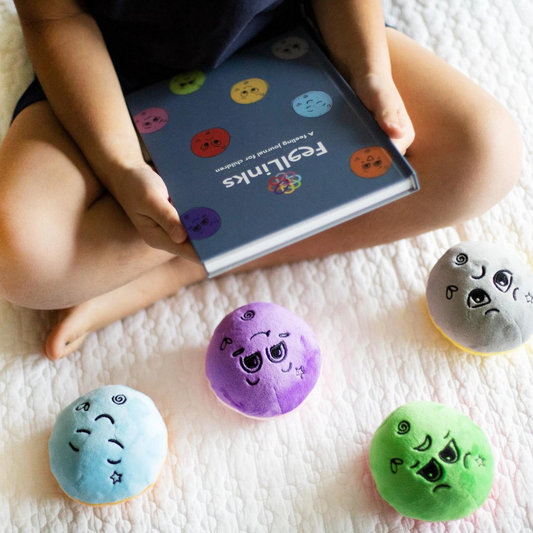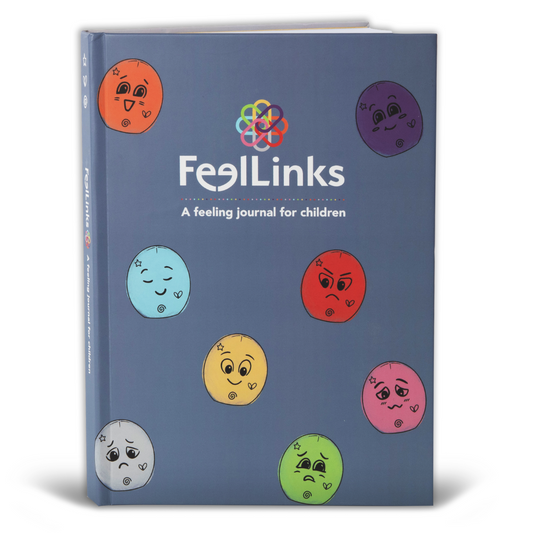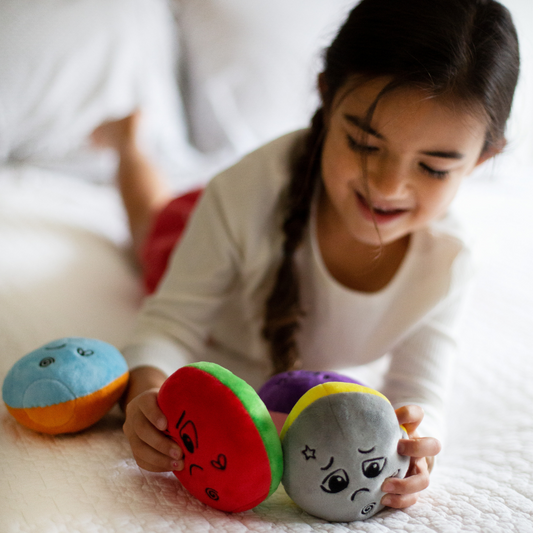Checking-in Is Connecting
Share

According to the World Health Organization (WHO), the pandemic has triggered anxiety to climb 25% worldwide. With the rise in our nations youth mental health crisis, the US Surgeon General issued an advisory and call to action. This, along with the ongoing research on mental and emotional health, we know that checking-in and connecting with our children is vital, and arguably more important than ever!
Checking-in shows our children that we care, love them, and we're holding space for them in a safe and nurturing emotional and physical environment. When we check-in and connect with our children, we are literally inhibiting stress hormones, helping them problem-solve, building their confidence and resilience; letting them know that we will allow them to express all of their emotions as we validate and listen.
Below are some ways we can connect and check-in with our children's mental and emotional health:
Be an emotion detective - It's time to look beneath the behaviors and find out what our children are really feeling - the positive feelings and the tough ones. Take time to sit back and watch with curiosity and without judgement. Use this emotion wheel or these resources to support your child's emotional awareness and emotional literacy.
Stay calm - Calm is contagious! Say that aloud, CALM IS CONTAGIOUS! When emotions are tough our children are most likely feeling them very strongly throughout their bodies. Their thinking brains are not taking in or delivering out information very well. Sometimes our children will say things during heightened emotional times that might hurt us or scares us. However, the more calm we can bring to the situation, the more likely our children are to feel safe and open up.
Ask questions - Some question can feel too broad for our children, for instance: "How was your day at school?" or "How was softball?". Instead, try getting more specific like: "Who did you eat lunch with today?" "What did you do that made you feel happy today?" "What was difficult for you at school today?"or "What did you enjoy most about practice today?"
Actively listen - Get on your child's eye level. Put electronics off and away. Give your full attention. Ask follow up questions that show you are actively listening. Some things you can ask: "What did you like best about that?" "How can I best support you?" "What would you do differently next time?" or "Did that work well for you?"
Make space to feel - It's okay to feel all of our feelings. We want our children to know that all feelings are valid, normal and ok. Expressing feelings is important, we do not want to stuff them aways as that can cause mental, physical and emotional heath problems. *FeelLinks resources are unique, hands-on tools for children to support their emotional self-awareness skills
Share the good stuff - Take time to chat about the fun and exciting things from the day. We want to connect when times are light and calm. Share a chat, play a game, sing karaoke, do something together that brings you and your child joy!
Know them - Get to know your kiddos for who they are, what they like and dislike, what they are proud of and what they find difficult. Use these special conversation cards to support some new topics at the dinner table or while you are playing a board game or tucking your kiddo in bed for the night!
Start checking in and opening up lines of communication from a very young age. We want our children to share how they are feeling and what is going on in their lives from those early years and onward... As simple as the early years might feel to you, they are BIG to your child. Those bodies, brains, problems and feelings will get even bigger as they grow up!
If you have any concerns about your child's health in any way, always contact a healthcare professional.
With gratitude,
Marcelle





